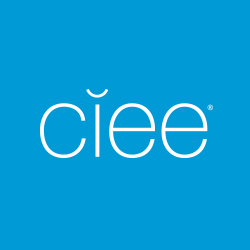The Many Types of Colleges (and Universities!)
Do you know the difference between a university and a college? Or a college and a community college? Do you understand the difference between public and private institutions, and how that could affect your tuition payment? If not, then read on; we are here with all the information you need to make an informed decision.
University
An institution that grants bachelor’s and advanced degrees, such as master’s or doctorate degrees. Please note: In the U.S., university and college are often used interchangeably.
College
An institution that grants bachelor’s degrees. However, some colleges also grant master’s and doctorate degrees and have chosen to keep their original name so as not to cause confusion. Please note: In the U.S., university and college are often used interchangeably.
Community College
Institutions that grants mostly two-year associate degrees, though some community colleges offer bachelor’s degrees in certain fields. Community colleges usually have more affordable tuition but may be perceived as less prestigious.
Public institutions
An institution that receives the majority of its funding from state and federal sources, as well as tuition. Tuition for a public institution will be less expensive for residents of the state in which the institution operates. Out-of-state and international students will payer higher tuition.
Private, non-profit institutions
An institution that receives its funding from private donors and through tuition payments. Excluding grants and scholarships, the tuition for a private institution is the same for all students regardless of where they live. As such, private institutions can sometimes be more affordable than public institutions for international or out-of-state students.
Private, for-profit institutions
Institutions whose primary mission is to provide profits back to their shareholders. Many for-profit institutions have questionable lending practices and poor student outcomes.
Related Posts

A Mom's View: Watching My Daughter Embrace Opportunities
Izzy had the most amazing 10 months. She left Scotland and her close-knit family, and she entered a whole new world of American high school. And her mom wasn't sure she'd ever want to come home!

Dear Host Family Letter from Daiana
Before I came to America I worried about my host family. But I was lucky that the Costons family has hosted me! There are eight people in my host family... keep reading

My Local Coordinator
My first contact with my local coordinator was through email in May last year. She helped me even back then. We got to know each other a little bit and... keep reading

